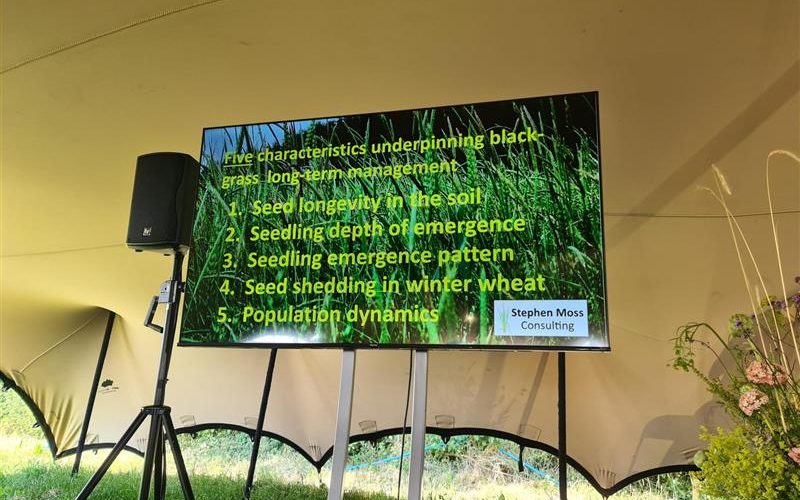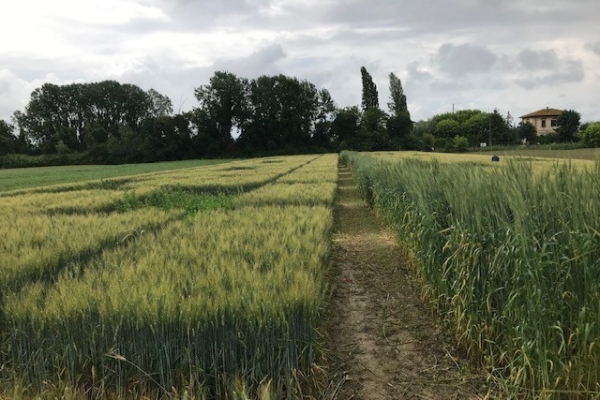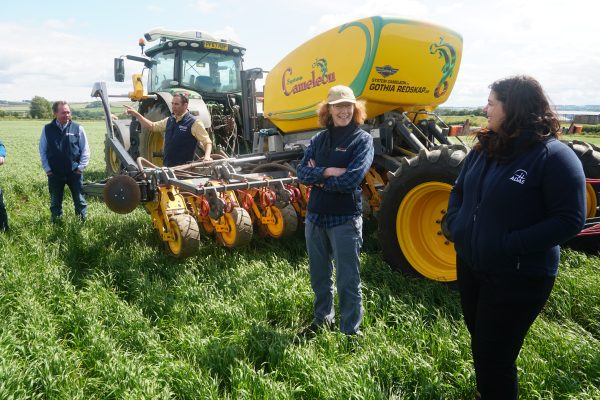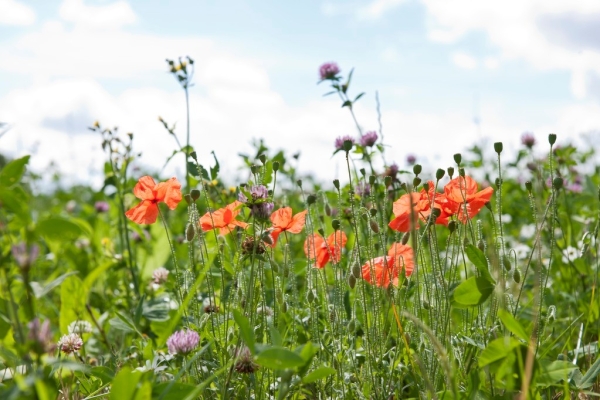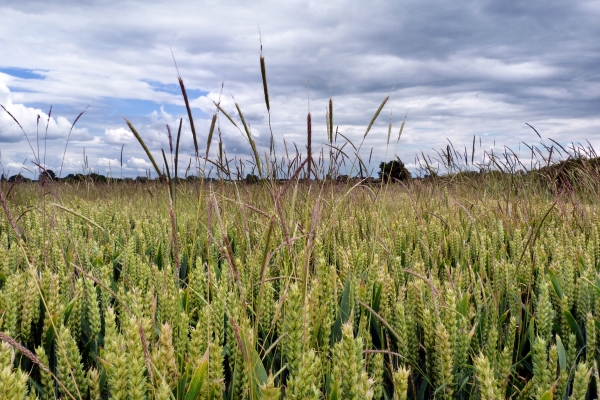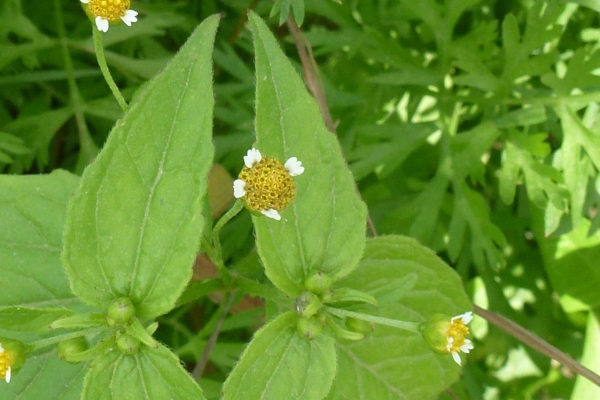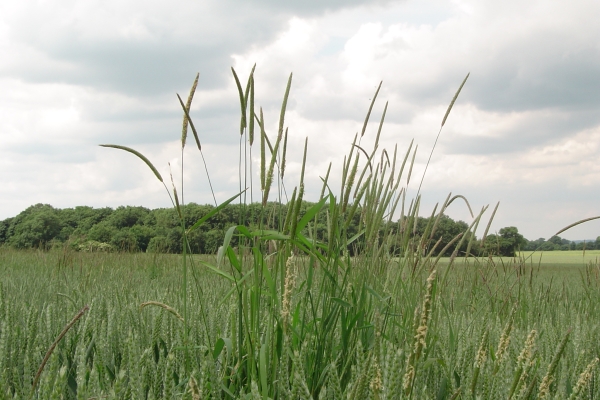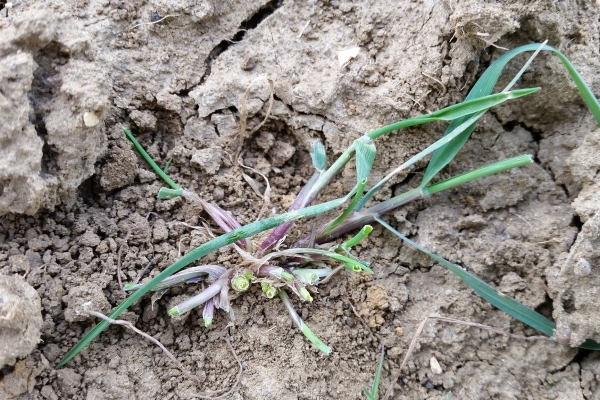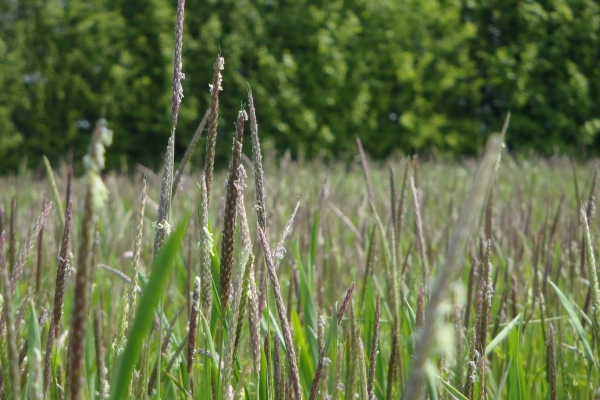Managing Black-grass in Arable Rotations
Groundswell 2024
Resource explained
How do you tackle the biggest problem facing arable farmers in the UK? This is video footage of a Groundswell 2024 session run by Agricology which explored how to manage black-grass in arable rotations, borne out of a collaboration with ADAS and the Oper8 project. Dr Lynn Tatnell from ADAS chairs the session which features Dr Stephen Moss (whose work has historically focused mainly on herbicide resistance) and Garth Clark (CEO for Althorp Estate which is now in a phase of organic conversion), and explores the fundamentals of why black-grass is proving to be such a problem, and how integrated weed management and alternative weeding approaches can be used to reduce the impact of black-grass. It also features some interesting questions from the audiences and informative responses.
Findings & recommendations
- Seed longevity in the soil – while populations can decline quickly if you can stop seed return, it takes many years to really drive down the populations to low levels.
- Seedling depth of emergence – black-grass seeds can only emerge from seeds within the top 5 cms of soil, so cultivation has a big effect on the redistribution of seeds up and down the soil profile. Ploughing can be a good re-set tool for black-grass.
- Seedling emergence pattern – 80% of emergence is in September / October. Later autumn drillings and spring cropping can reduce weed populations.
- Seed shedding in winter wheat – applicable from mid-June, with 95% shed by harvest. It can therefore be important to cut or spray off patches of black-grass before mid-June.
- Population dynamics – populations given favourable conditions can increase by x10 a year, 95% control is needed to stop black-grass from increasing (a big challenge with herbicide resistance). An integrated strategy which includes agronomic, cultural and herbicide approaches is needed.
- Every farm and every farmer is different So the best approach to combating black-grass will vary too, there is no magic bullet!
- Garth explains he has just completed a Nicole Masters CREATE course and is using it with the team at Althorp to shape how they present themselves and look at problems. He invites everyone to get out in the field and look at things differently – “see what you see, hear what you hear, and feel what you feel.” He also advocates mineral microbial testing, plant tissue testing, field observations, record keeping, and self-reflection.
Dr Stephen Moss highlights 5 key aspects of black-grass agroecology which he believes underpin successful long-term management strategies:
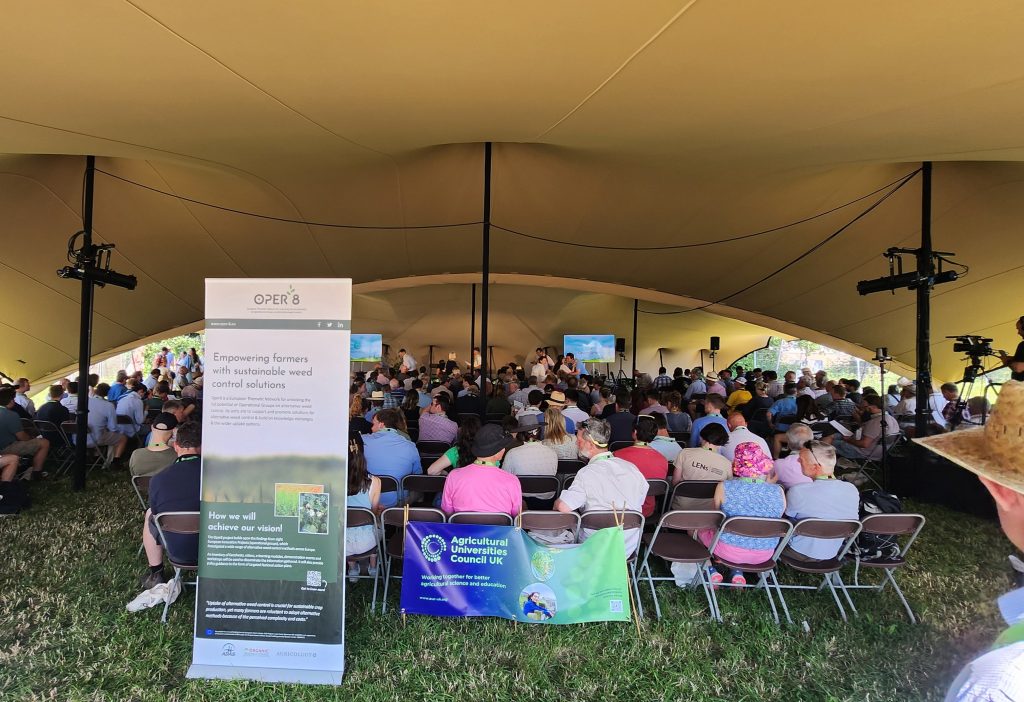
Oper8 is an EU network (involving 8 operational groups across 7 countries) focusing on alternative weed control options; bringing together potential solutions and technologies that can be used for alternative weed management to help reduce or eliminate the use of no chemicals going forward. In the UK, the ORC (Agricology) are partnering with ADAS.
Find out more about the project and explore some of the outputs here.
Subscribe to the newsletter and keep on top of latest developments here.
